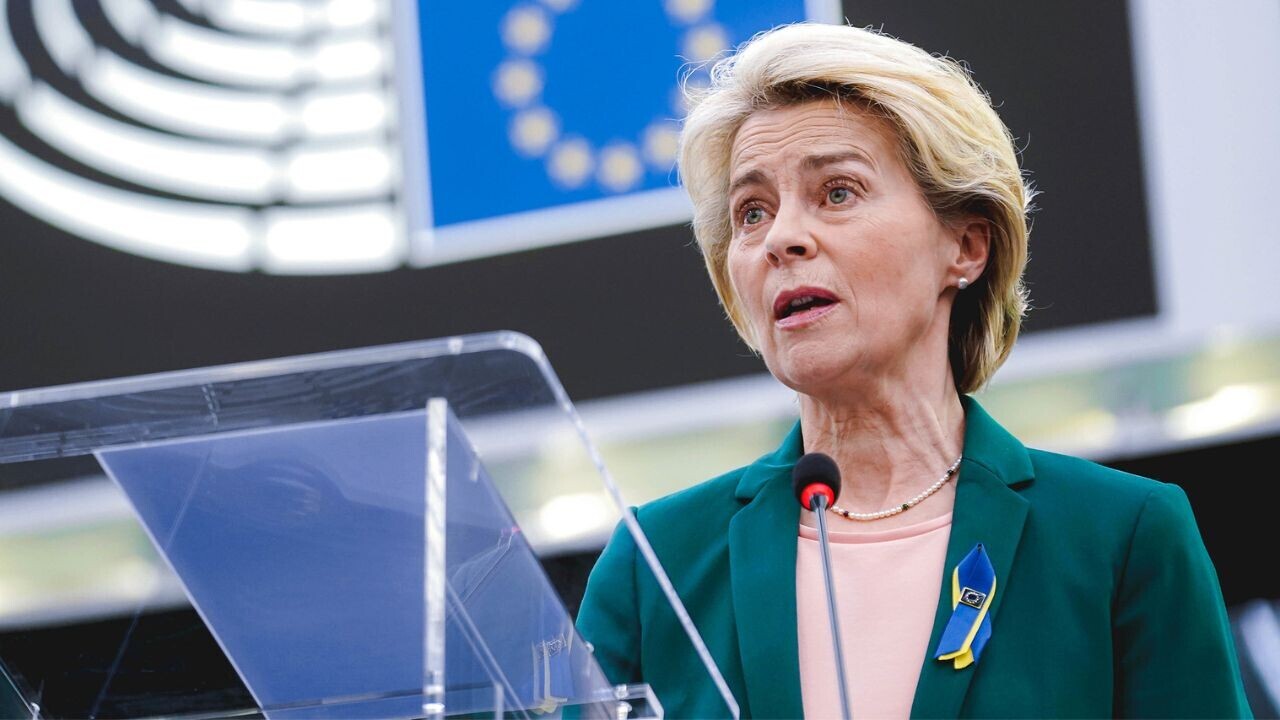
On July 16, the European Commission proposed a €2tn seven-year budget – the largest in the EU’s history – to boost autonomy, competitiveness, and resilience. The spending plan addresses cybersecurity, innovation, and other key digital pillars, but omits a crucial component: open source.
Open source software – built and maintained by communities rather than private companies alone, and free to edit and modify – is the foundation of today’s digital infrastructure. Since the 1990s, it has been ever-present in the digital infrastructure that European industry and public sector institutions depend on, creating huge dependencies on open source applications and libraries.
From commercial devices and services to government systems and research projects, open source powers the internet and countless platforms we rely on daily. Open source offers transparency, security, and flexibility that proprietary software cannot match. By investing in open source, Europe can support small businesses, universities, and public institutions, giving them tools to compete with global tech giants.
Despite this importance, the budget proposal does not include specific funding for open source. This is glaring given the prominence open source has been given in recent legislation, such as the Cyber Resilience Act, the AI Act, and the proposed Cloud and AI Development Act. The omission is alarming as Europe pushes to increase digital sovereignty, strengthen cybersecurity, and boost competitiveness.
If Europe wants to remain competitive and self-sufficient in the digital world, it must support open source strategically and efficiently. Public-led investment must marshal resources that the private sector, philanthropy, volunteers, and the market alone cannot provide.
The case for an EU Sovereign Tech Fund
Innovation funding at the grassroots level has been the foundation of the EU’s modest levels of open source investment. As a result, the focus has shifted to scaling up these technologies into core digital infrastructure.
Maintenance funding offers something different, and it’s already been trialled. In a recent landmark report, the open technologies think tank OpenForum Europe called for a dedicated “EU Sovereign Tech Fund” to support European technology projects essential for digital sovereignty — with open source at its heart. This builds on the German Sovereign Tech Fund, which has supported global open source collaboration.
A fund like this would be welcome. Without investment in open source, Europe risks dependence on foreign technologies, vulnerability to external threats, and minimal competitiveness in global markets. Open source enables Europe to develop its own tech infrastructure, providing greater control, transparency, and security.
This is not an isolationist version of digital sovereignty; it is an investment in the autonomy and resilience of digital infrastructure globally. It has long-term benefits for Europe, but it also supports other challengers to dominant technology visions offered by the United States — centred on platform monopolies and market-driven control of core digital infrastructure — and by China – where state-directed, centralised models prioritise surveillance and tight government oversight.
By contrast, Europe’s open source approach offers a pluralistic and collaborative alternative that emphasises transparency, interoperability, and public value, and investing in the global open source ecosystem it depends on is in line with these values.
A missed opportunity in the European Competitiveness Fund
The proposed European Competitiveness Fund – one of the EU’s main financial tools under its new budget – does not prioritise open source as a strategic investment area, either at the high level or in detailed actions like digitalisation. This is a serious omission. As the fund is designed to support innovation and digitalisation across Europe, leaving out open source is a glaring but reversible oversight.
Any absence of open source funding will come to be seen as short-sighted, undermining Europe’s digital transformation in an increasingly multipolar and crowded geopolitical landscape. EU leaders should prioritise open source in their new seven-year budget by explicitly making it a component of the European Competitiveness Fund‘s digitalisation focus. Creating an EU Sovereign Tech Fund, alongside other earmarked investments in open source, will be critical in delivering on their goals.
This is an opinion piece by Daniel Stenberg, the co-founder and lead developer of cURL, a command-line tool for getting or sending data, including files, using URL syntax. Daniel is also president of the European Open Source Academy.
Get the TNW newsletter
Get the most important tech news in your inbox each week.




